Iulia Mitzner, a Queen in Her Own Right
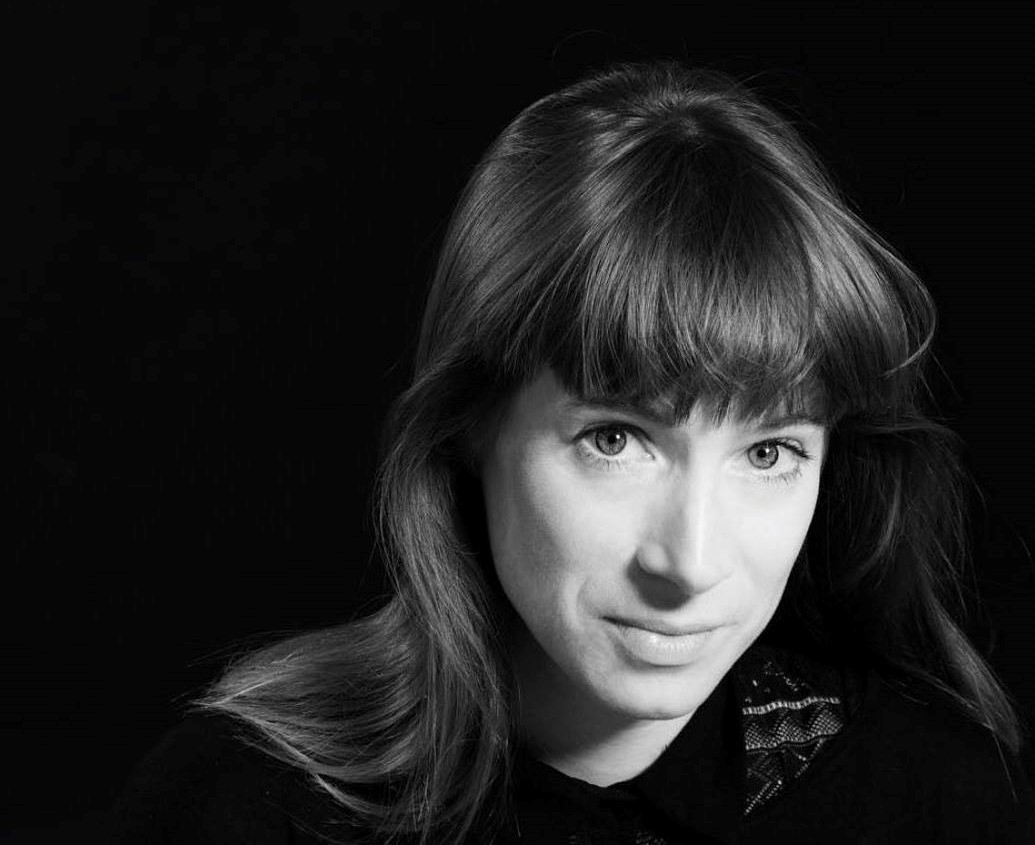
Iulia Mitzner is an experienced content creator, cocker spaniel mom, former prop person and set decorator, and founder of Queen of the Neighborhood (QUOTN), a digital marketplace started in 2019 for women-run, alternative businesses – making it easier to find other empowering female networks on the grid. Although QUOTN is undergoing restructuring at the moment, this Berlin-based entrepreneur herself still hones more than 10 years of experience within the creative industry. Therefore, she has come close to seeing it all – from funding and keeping a startup afloat, to freelancing and combating sexism or changing the narrative on feminism. Truly, Mitzner is a reigning queen in her own respective area of expertise and in her local community.
It made total sense to create a location-based app that could find women-run businesses in a selected industry and selected radius.
What advice would you share with young graduates today, or those still studying, about the creative industry?
Create, create, create. Even if you are already a freelancer and chasing the next client in-between jobs, take lots of time to create and fill up or update your portfolio. Find yourself a topic you are passionate about and make something about that or for that. Worst case (which of course isn’t really one), it will become an exercise for you or something simple for your portfolio. Best case, it will turn into a company or project that might even bring you income.
If you are still studying, the same applies. Never too early to build your brand and start an online portfolio. But in my experience, the generation younger than me (I’m an old millennial – talking about generation Z) are really entrepreneurial in thinking and now how to brand themselves really well. I should ask for advice from them, really.
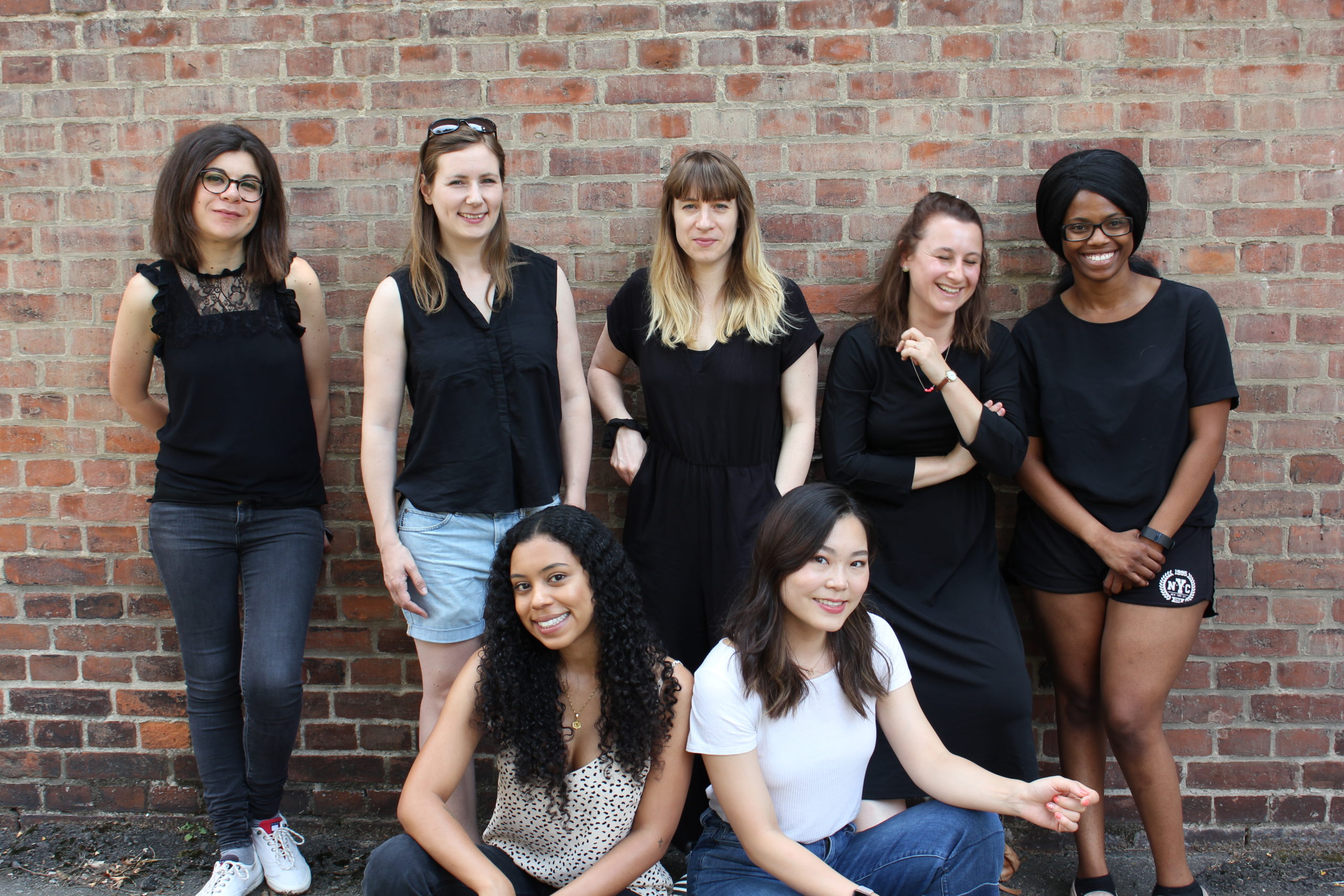
Can you tell us more about the Queen of the Neighborhood? What is its purpose?
When I first had the idea, it was mostly about creating more visibility for women-run businesses. There was simply no easy way to find them (by now, Yelp is introducing a filter, for example). I always connected projects and people and realized at some point, that those people were mainly women. So I thought about how I could make all these women visible as an entity or a collective force. I started to do some research on the topic and, of course, all the statistics clearly proved that there was a lot of need for a project like that.
From the beginning, it was really important to me to make it a little more alternative as well. So I wanted to make my product as local as possible and as sustainable as possible. It made total sense to create a location-based app that could find women-run businesses in a selected industry and selected radius. We feature almost 200 businesses right now. Mainly in Berlin. But of course, women can sign up from anywhere. You can look at the businesses in map format, or as a list. The idea was to keep building this into an entire market place – an alternative to all the big names. I wanted to show and strengthen an alternative economy.
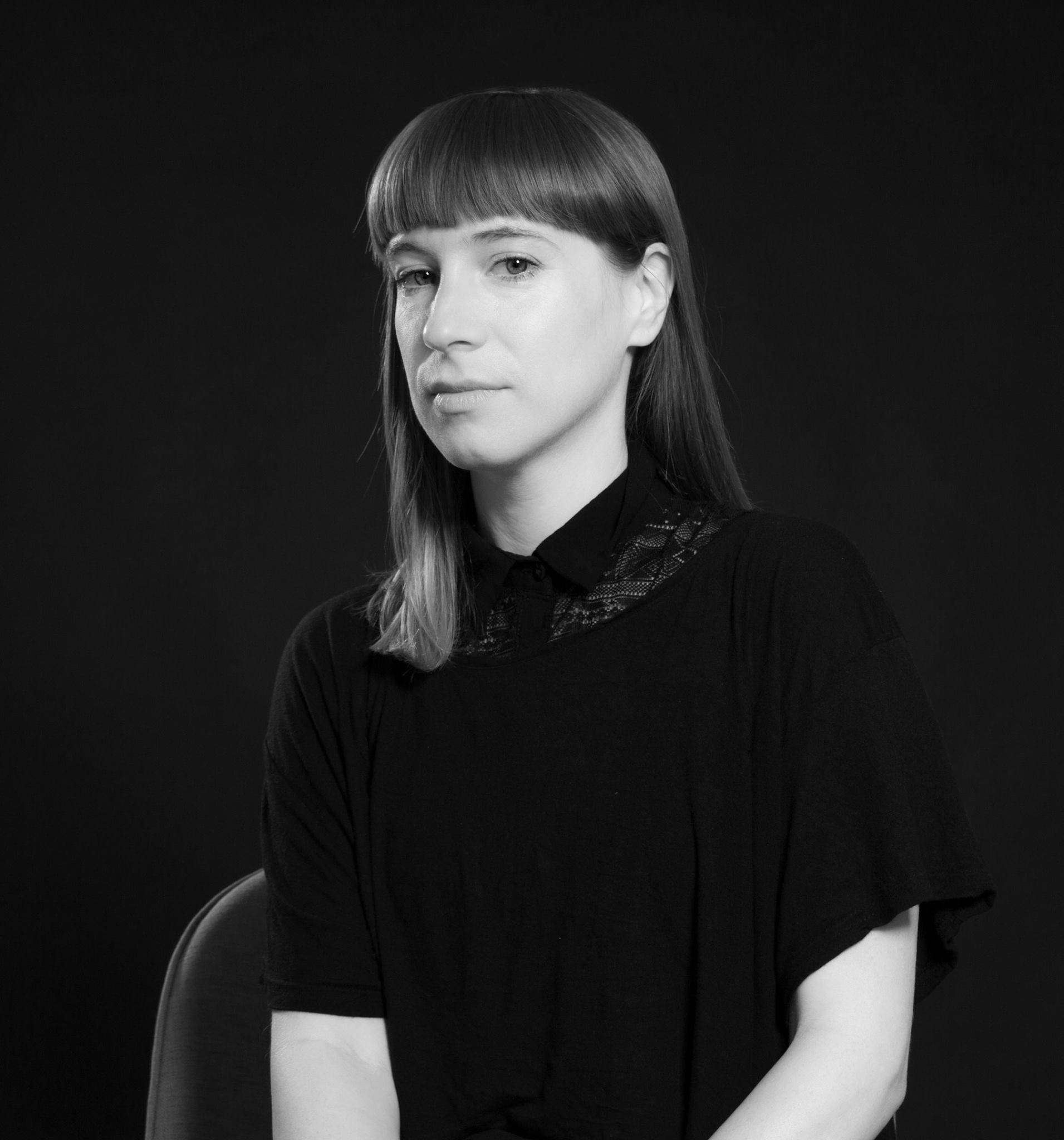
What is the progress with Queen of the Neighborhood?
Right now, I’m in the process of restructuring the entire project to turn it into a platform-corp. That means all stakeholders (business owners, private users, developers, and designers) will have ownership of the platform and a vote on what the platform will develop into.
Another big step is to go non-profit. In hopes of financing, I started as a for-profit, but that really didn’t push the entire project into the direction I wanted to head into.
So in 2020, it will be time to approach things more radically.
Although securing further funding became unavailable for your startup and it is just temporarily you behind the scenes, for now, there still once was a strong, small team of women behind your back. How did you empower your female colleagues?
We used to prep and challenge each other with interview questions (regarding QUOTN and feminism), and a weekly Monday breakfast. It was a great way to gain confidence and also connect with our brand values. We took turns in standing up and presenting what we are working on and then, the rest of the team could ask mean or tricky questions. It’s a bit of a push outside the comfort zone, but we all took it as a game and gained a lot from it.
As a first-time startup founder, I found it generally really hard to try and find funding (everyone just wants you to be aggressive and fast), and to create a work atmosphere that wasn’t like that for the team. But rather, make it empowering. I’m pretty sure, or actually know for a fact, it didn’t always work. We definitely tried to give everyone their area of responsibility and gave everyone the room to work how and where they wanted. We kept our days short and productive – with about 6 hours.
After living in Berlin for many years, what can you say about its vibrant community and for any aspiring creatives to relocate here?
I still think Berlin is one of the easiest places to network. You just go out and will end up meeting artists you really admired when you were younger and there will be no boundaries or anything between you and them. Everyone is really accessible and just hanging out in the bar at your corner. In the creative industry, I never had a hard time meeting people at all. To me, networking was never about going to conferences and all that. That part, I really felt odd about and only started getting into it when I started QUOTN. I would say it really depends on what area you work in. But if it’s more a creative one, I’d advise everyone to find their scene and be present there.
Having said that, finding actual clients or work can be challenging sometimes. It’s probably good to know, or to be aware, that there is also a lot of talk sometimes and then people aren’t very reliable.
Would you label yourself as a “feminist”? To you, what does it mean to be one?
Hell, yeah! Could someone really say no to that and do what I do? (Mitzner laughed) To me, feminism means fighting for the equality of all genders! And of course, keeping all disenfranchised or disadvantaged groups in mind as well when doing so. Because to me if it’s not intersectional, it’s not feminism.
In regards to dealing with sexism in the workplace, how would you overcome it? Any personal examples?
Should I be the one to overcome it? Or is it the sexist person the one who has to overcome something? I think they do… not me.
I feel like in many job interviews I experienced a lot of sexism but also when I was trying to find funding for QUOTN and we took part in some challenges. We really encountered some crazy behaviors and comments. Generally, I feel like I have to learn how to react even better in these situations. Often, when confronted with sexism face-to-face, I still don’t get right away that it was happening. I also feel uncomfortable but don’t really know why, and I feel like I could still use a better toolkit on how to react properly in this kind of situation. Theoretically, I know how to react, but I don’t always apply it.
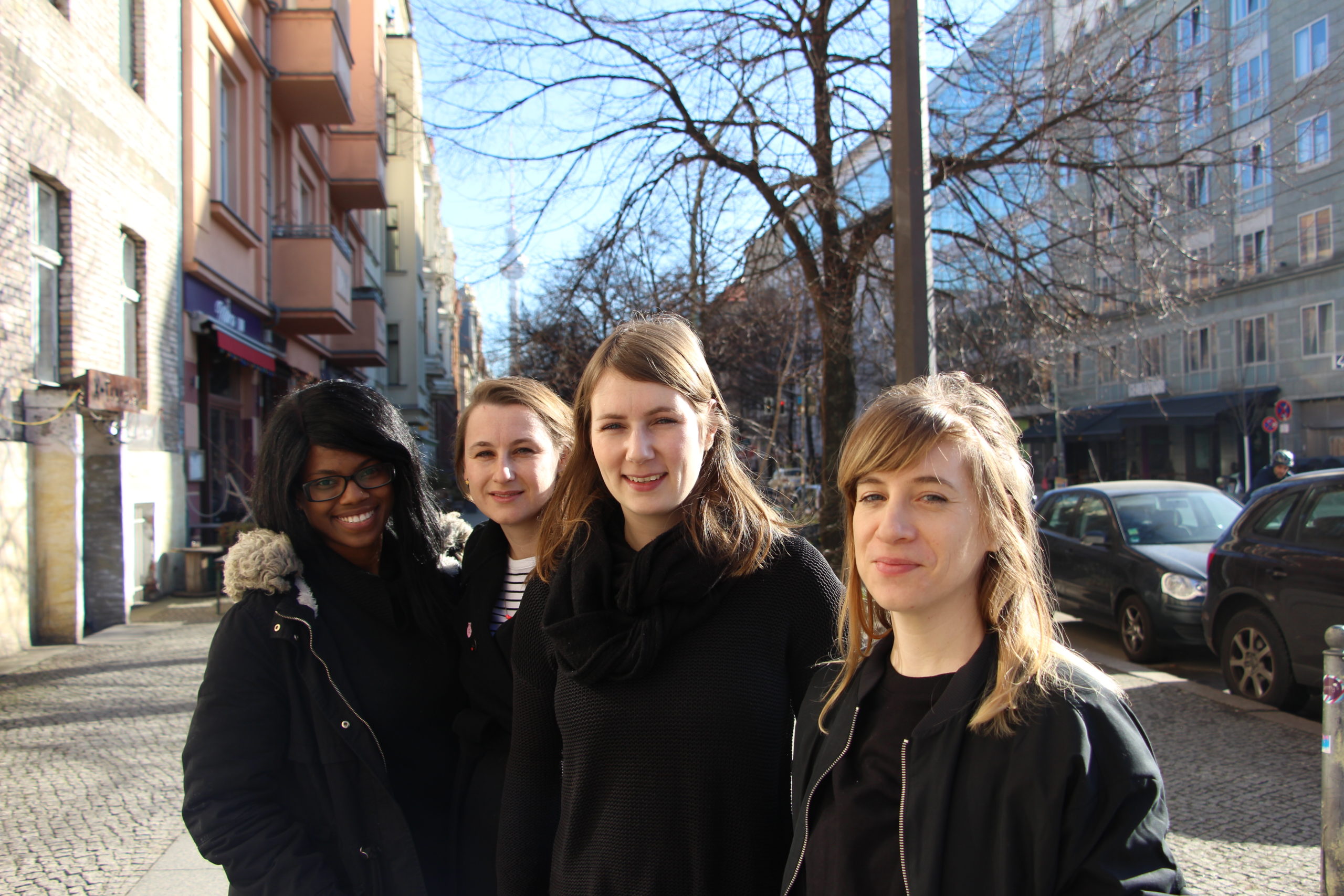
Please give three tips to female founders.
Create, create, create.
Listen to feedback when you are in the right place or have asked for it. But also really decide for yourself what you’ll take from it and what not to take. People will give you opposite opinions all the time.
Don’t exploit yourself. You can’t empower others by exploiting yourself!
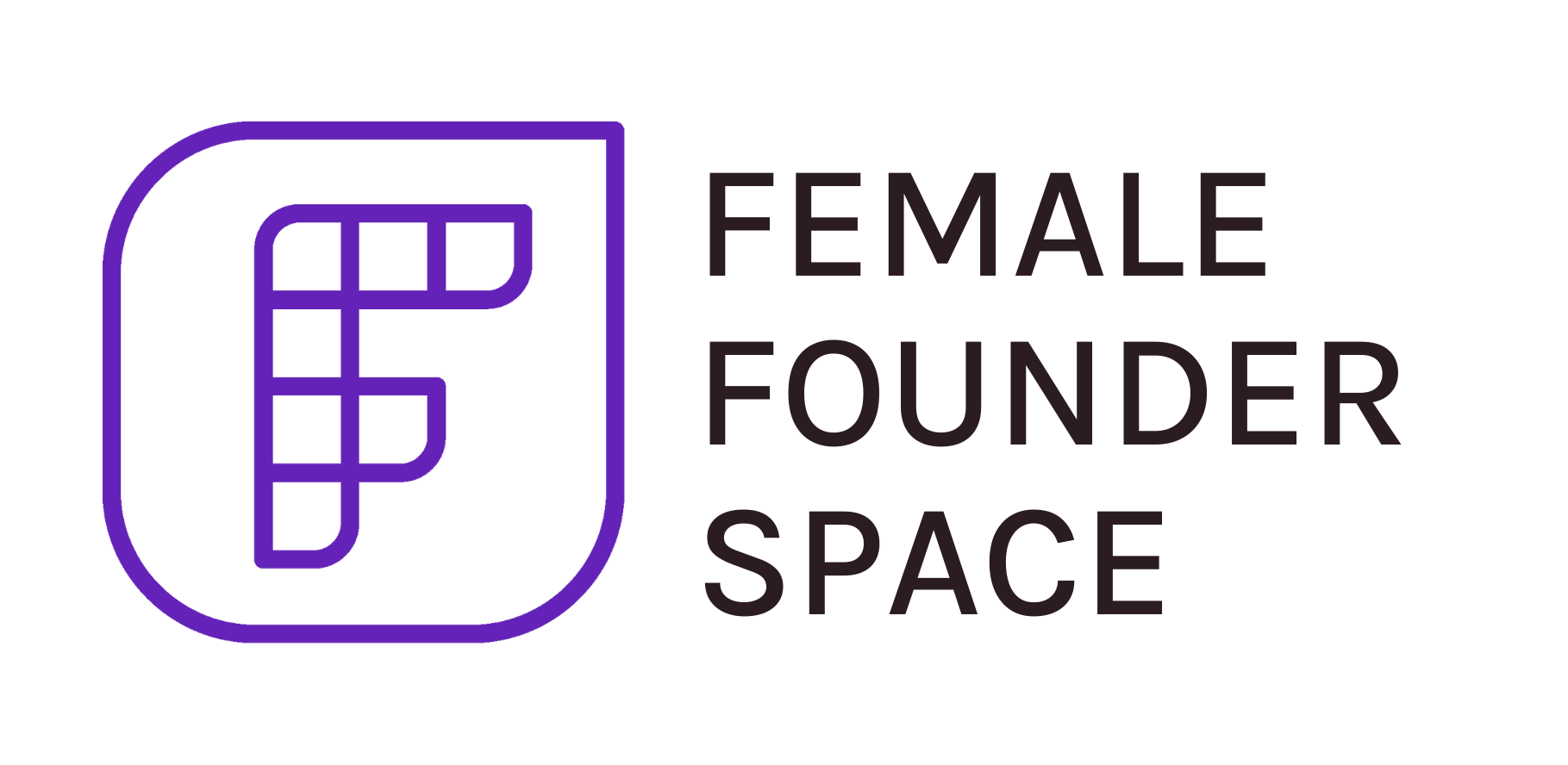
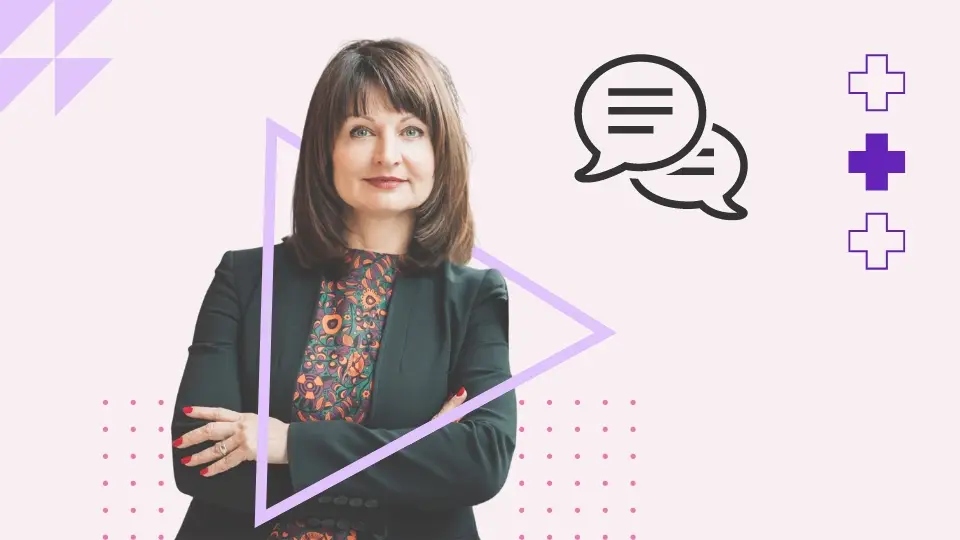
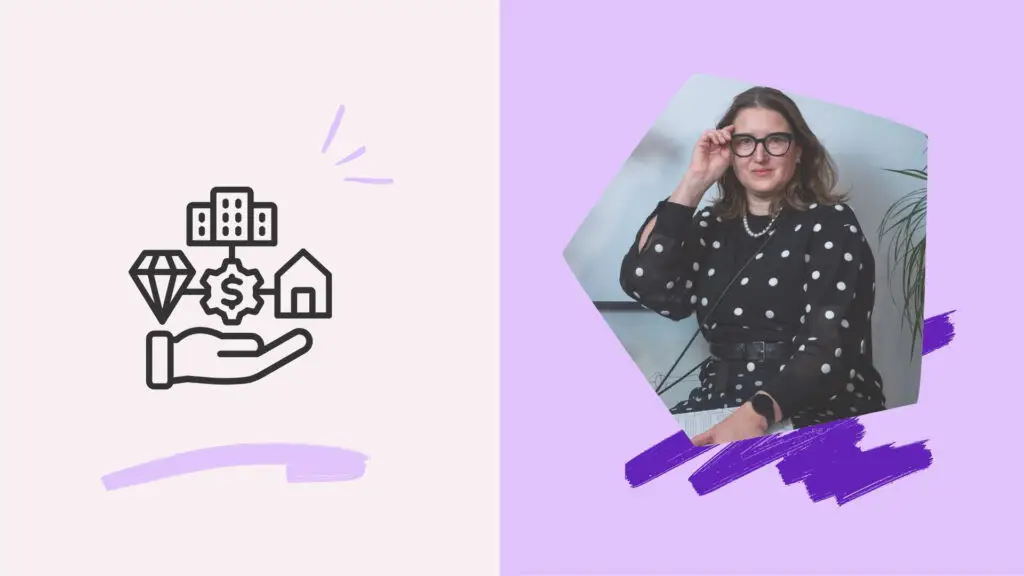
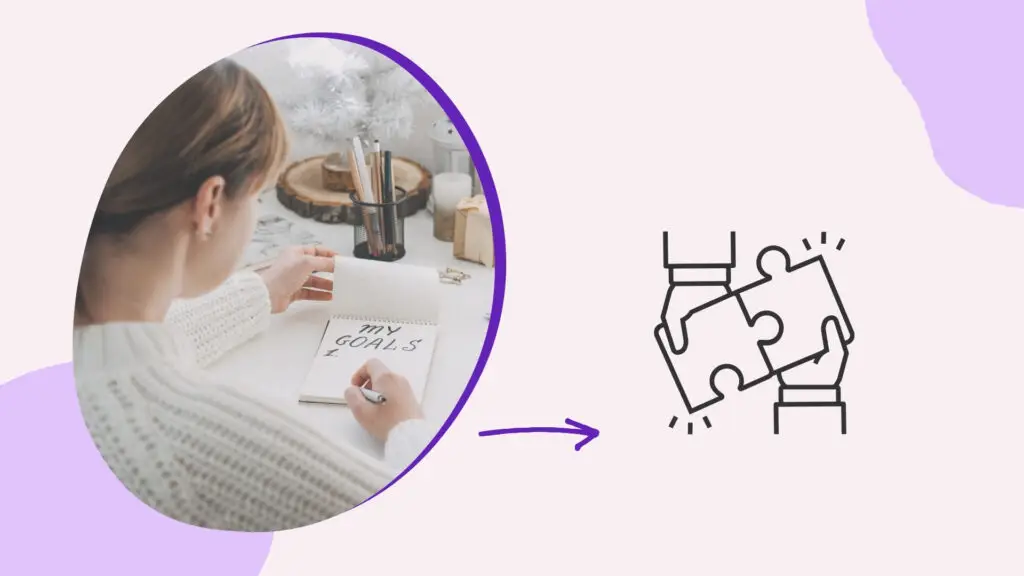
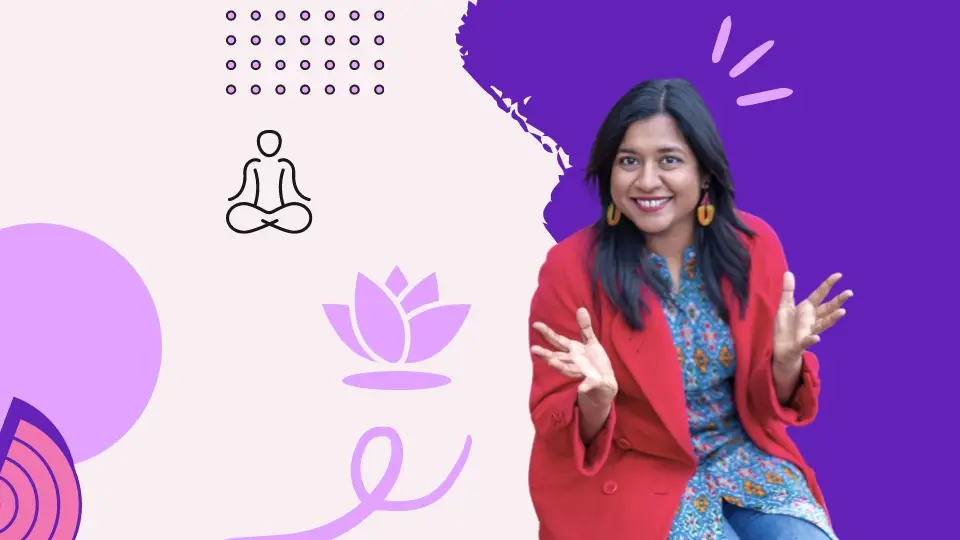
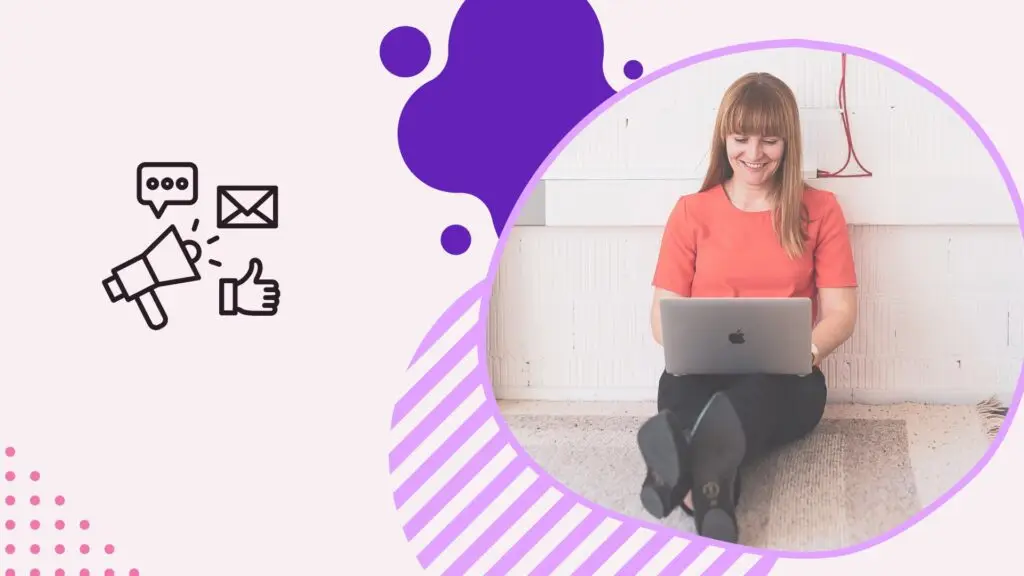
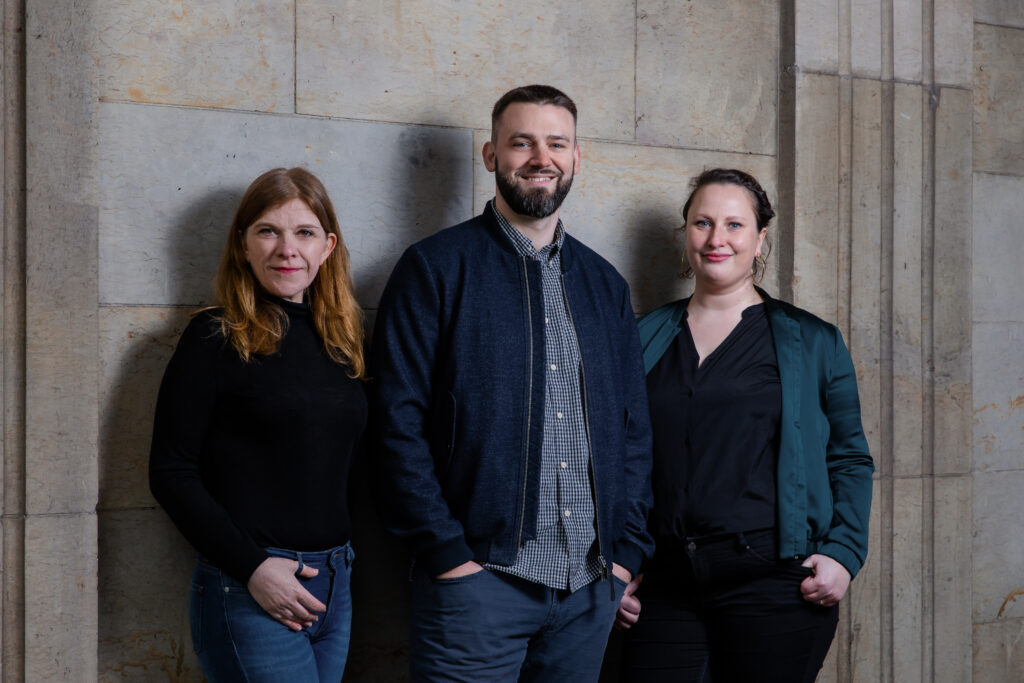

Responses